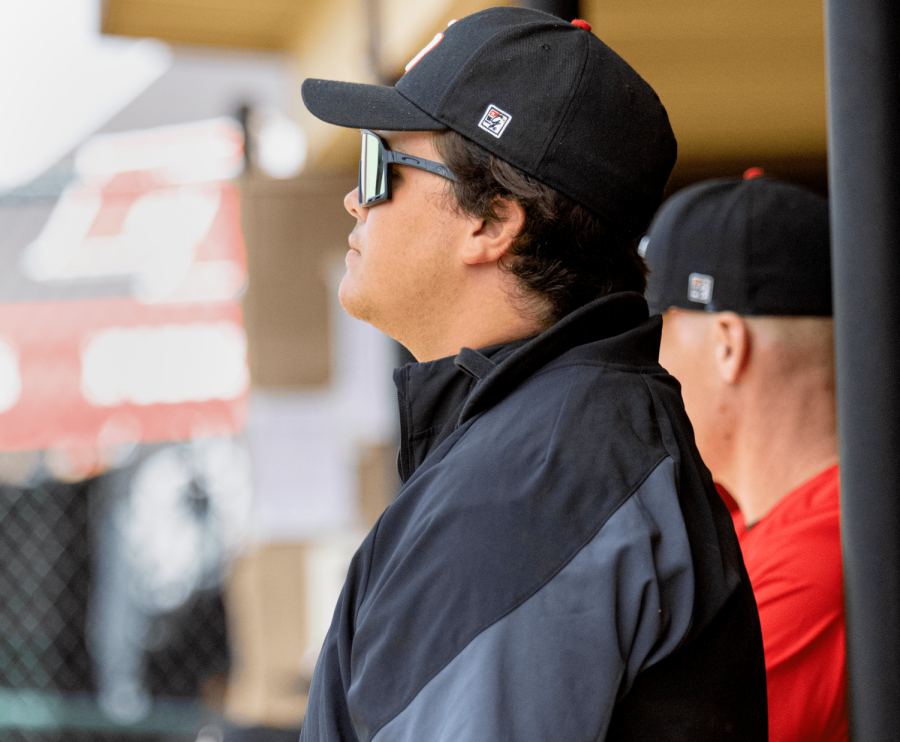The Recording Industry Association of America’s (RIAA) latest lawsuit made headlines last week after being rejected by a district court judge on grounds of absurdity.
The suit called for as much as $150,000 in damages per file downloaded. If each copy of the 11,000 songs identified by the RIAA is included, the total figure reaches to $72 trillion.
It is clear that claiming such astronomical amounts of damages is absurd, but essentially, pursuing peer-to-peer (P2P) file sharing services in court for any amount is just as absurd.
Rather than prosecuting P2P services, the RIAA should improve the value of the product they offer.
The music industry has moved largely online, proven by CNN’s January 5 report that digital music sales surpassed physical sales in 2011.
Examining the top digital music store, iTunes, it is easy to see why many opt for less-than-legal sites like Limewire and The Pirate Bay, two recent targets of the RIAA.
For 99 cents, a consumer can download a song with a slightly lower quality than a compact disc. However, the file can only be shared with a limited amount of users and devices, and can become irrecoverable in some hardware failure scenarios.
On a file-sharing site, users can get unlimited tracks for free with no limitations on playback or sharing, at only a slightly lower quality than a paid download.
Users are not only swayed by the price tag of sites like this, but also the freedom that is offered.
If the recording industry offered a superior product instead of virtually the same product weighed down with sharing limitations, it might be able to expect to compete. However, this is not the case.
One solution some artists are turning to is to allow the consumer to set the album price, like Radiohead did with their 2011 release “In Rainbows.”
Websites like Bandcamp.com allow artists to release their albums for download and give fans the option to donate.
These services still miss the point: Fans aren’t getting anything extra for paying. They aren’t ready to support the artists out of the goodness in their hearts, especially in economic times like these.
The record industry should consider offering more perks with album downloads, like exclusive art and video content, merchandise or even performance tickets to boost legitimate sales.
Adding to the absurdity of the RIAA’s policy of pursuing damages from P2P networks is the fact that the sites themselves are not selling copyrighted works.
Damages are sought when a product is stolen and sold because it can be proven that someone other than the owner of the product made money from it.
In the case of music piracy, there is no evidence to show that someone that downloaded a song for free would have paid for the song if that were the only alternative. The virtue of being offered for free motivates more people to consume a product.
File sharing sites are merely facilitating the free trade of information. A dangerous precedent is set when they are targeted with blame for the downfall of the recording industry.
The RIAA’s argument is that without proper monetary incentive, artists will not continue to make music, and therefore copyrights must be strictly enforced.
The music industry has changed. Independent acts survive by selling merchandise and touring constantly. Success is no longer measured solely in FM radio plays.
Overall, it is clear that the RIAA is struggling to uphold an outdated and undemocratic vision for the music industry in which they retain control over the things to which people choose to listen.










